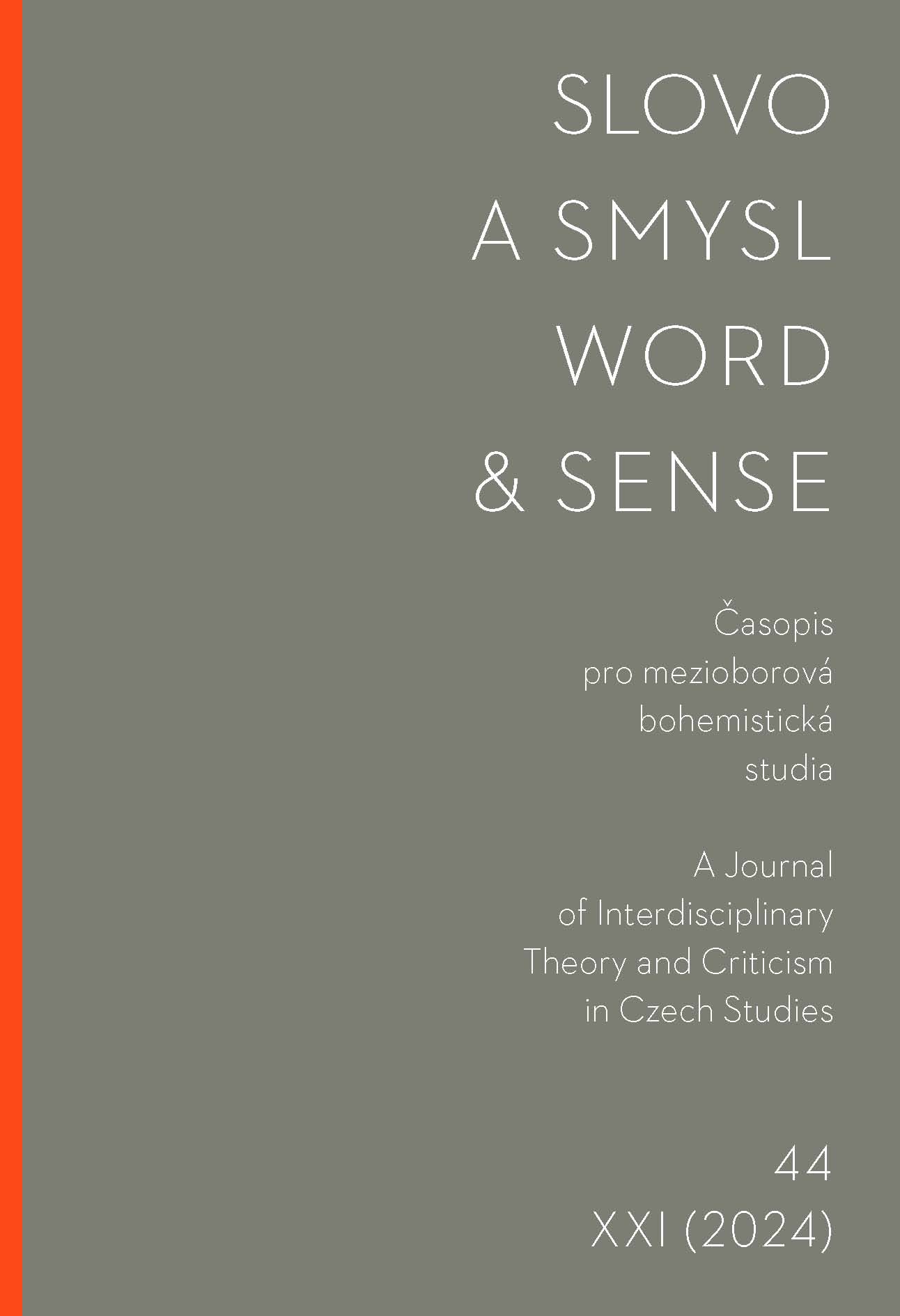Evangelium Aleksise Kiviho?
The Gospel According to Aleksis Kivi?
Author(s): Jan DlaskSubject(s): Theatre, Dance, Performing Arts, History of ideas, Other Language Literature, 19th Century, Biblical studies, Cultural Essay, Sociology of Literature
Published by: Univerzita Karlova v Praze - Filozofická fakulta, Vydavatelství
Keywords: Aleksis Kivi; Lea; Finnish theater; Zacchaeus; repentance; social justice;
Summary/Abstract: **Abstract**: The premiere of Aleksis Kivi's drama "Lea" (1869) is considered the birth of Finnish theater. The play is based on Luke 19:1-10, where Jesus meets the wealthy tax collector Zacchaeus, who repents and offers to give half his wealth to the poor. Kivi expands this biblical scene by introducing Zacchaeus's daughter Lea, who is courted by two men: the Pharisee Joas and the Sadducee Aram. Joas loses interest when Zacchaeus decides to give away his wealth, allowing Lea to marry Aram, whom she loves. The play emphasizes themes of faith, repentance, and social justice, reflecting Kivi's deep engagement with biblical texts and contemporary religious thought. Finnish literary critic Viljo Tarkiainen notes Kivi's use of Ernest Renan's "Life of Jesus" for historical context but highlights Kivi's unique biblical interpretation. The play's religious and social themes underscore its significance in Finnish literature and theater.
Journal: Slovo a smysl
- Issue Year: 21/2024
- Issue No: 44
- Page Range: 227-231
- Page Count: 5
- Language: Czech

